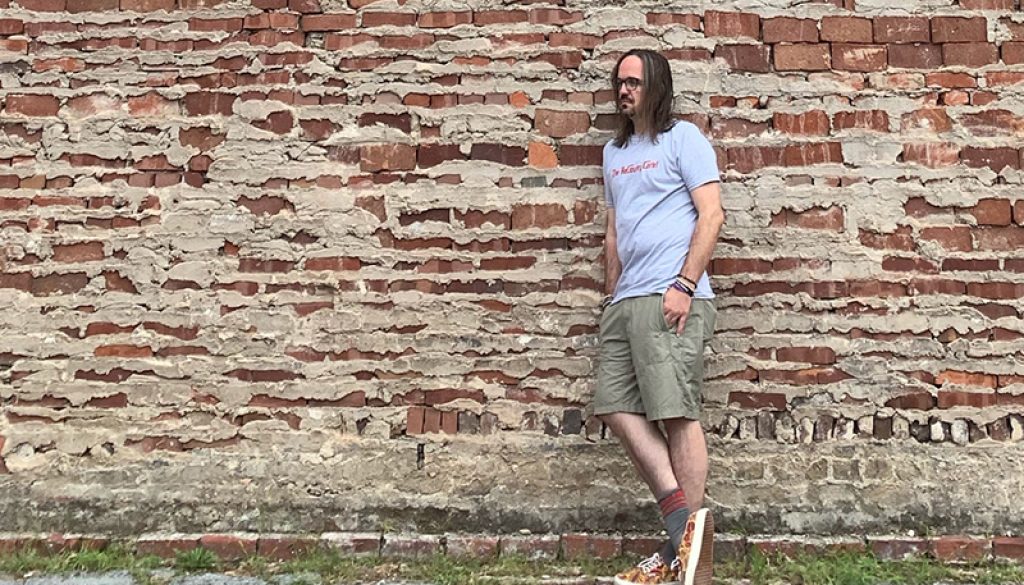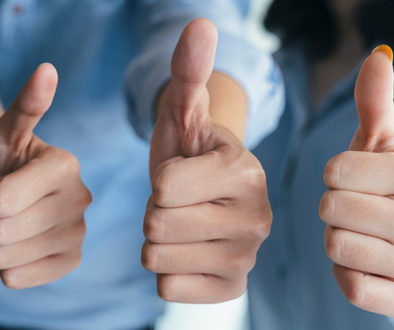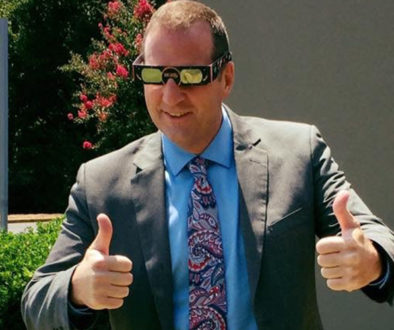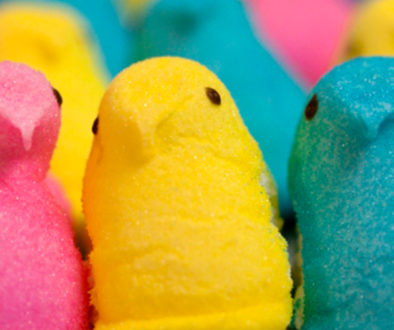My Ever-Evolving Recovery Journey
My Recovery Journey
My ever-evolving recovery journey began January 2013 when I entered a drug and alcohol detox in Greenville S.C.
I was addicted to multiple substances, such as Alcohol, Xanax, Cannabis, and whatever Opioid I could get my hands on. I also had my bouts with Methamphetamine, Cocaine, LSD, and Ecstasy.
Other than a short stint on MAT, I had misused substances continuously for well over a decade.
I finally came to a place where I wanted a change.
This was not “rock bottom”; it was more along the lines of a car running out of gas and calling AAA for help. It was not because of one of my thirteen arrests or the overdose I experienced many years before.
Nope. It was merely a long ride that had come to an end. I was thirty-four and ready for something different.
My Recovery Journey Starts
After spending ten days in detox, I returned to my home town of Seneca, S.C. where I began attending local 12-step meetings. I credit the members of these groups with saving my life because they gave me the support I needed to construct and sustain long-term recovery.
Engagement in this community was crucial. I had very few coping skills and no support for recovery other than my family.
The members of these mutual aid groups truly “loved me until I could love myself”.
I gained self-esteem, and developed much needed internal and external coping skills that allow me to process my feelings and cultivate healthy emotional regulation. I began working a 12-step program with a sponsor and committed to this new way of life 110%.
Who Could Ask For More?
I averaged about ten to fourteen meetings a week and had replaced my drive to use substances with a drive to recover.
I was told recovery was a life-long process, and I would always need to attend meetings and work with a mentor to remain abstinent.
Well, that was fine with me because I was benefiting from doing so, and my life was improving tremendously.
For the first time in my life I had a job with benefits, my family interaction was great, I was taking multiple vacations a year, and most importantly I was extremely happy. Very happy!
Who could ask for more?
The Cookie-Cutter Trap
I was told I needed to “give back what was so freely given to me”. This was not a problem. I loved helping others, and I enjoyed going to meetings.
Slowly my passion became ideological and dogmatic.
I was convinced “my way was the best way’ and others simply did not understand addiction or recovery.
Arguments with others started as I tried to convince them to do recovery as I did, and admit they were an “addict”.
I had a cookie-cutter mindset that is far from the person-centered approach I now utilize to support individual choice in recovery.
The Next Chapter
On July 1, 2018 some five plus years into my recovery a new chapter of my life would begin as I took a job as a Peer Support Specialist working for an outpatient facility.
I would primarily work with individuals prescribed Suboxone and this interaction would impact me tremendously.
At this point in my recovery, I was open to MAT, but did not consider them “completely abstinent”. Working with these individuals, I began to see they could build social support for recovery, and gain coping skills the same as I did while taking medication.
Experience True Recovery
I believed, what others in my recovery program had told me years, that a person on MAT was still using.
That they could never experience true recovery without what they referred to as “complete and total abstinence”.
After some training, I learned the clinical definition of abstinence, which is defined: compulsive use despite negative consequences. I learned that taking medication as prescribed did not meet criteria for substance use disorder.
Actually, I came to admire many individuals with a recovery that involved medication. I remembered how much those few months I was on methadone helped. If I would have had the support necessary to sustain recovery, I may have begun my process of recovery much earlier.
The Truth
The truth was, although these wonderful people had found recovery, they were not considered abstinent in my fellowship. I realized how unfairly these individuals were treated by some in the recovery community.
Then I realized I had participated in the same behavior myself by shaming MAT.
I did not embrace those individuals with the respect and dignity they deserved.
Through this role I also began publicly telling people I was in recovery. For years, I was told I needed to be anonymous because the general public did not understand me or the recovery process in general. Once I started opening up about my recovery, I found this idea to be false.
I Was Convinced
Most people loved hearing about my recovery, and appreciated me sharing it with them.
I began to build social confidence as I started making new friends outside of my recovery community. I found it was OK to be the authentic me in the “rooms” and outside of the “rooms”.
My core beliefs now became different than the recovery program I followed.
An eternal battle had commenced within me and, I struggled with this dilemma for several months. I felt that I owed my life to the program, and I was torn because I knew that it no longer lined up with my values.
In addition, I also believed that I needed meetings, or I would either return to using drugs and alcohol or be consumed by what I called “my character defects”.
I had convinced myself that I was chronically self-centered and broken beyond repair.
Work The Program
I needed to continuously “work a program” otherwise I would not be able to function. , my recovery journey would end.
I would make statements to my girlfriend that “I am addict and that’s why I act this way” or “I am an addict I am always going to be this way”.
As a clinical addiction counselor, she knew this statement was filled with bondage.
Although my girlfriend practised patience, she was able to see that these beliefs about myself limited by ability to experience the fullness of recovery from addiction. Not that I would be cured, but that I could be set free from harmful behavior and unhealthy beliefs.
All Recovery
I began attending All Recovery Meetings because they allowed individuals on MAT to be treated as equals.
I also continued to work a 12-step program at the same time.
While at the All Recovery meetings I began to see many pathways of recovery, such as SMART Recovery, and Refuge Recovery. These programs also accepted Medication Assisted Recovery as an equal and felt taking medication as prescribed was not using.
I truly enjoyed learning about the many ways people found freedom from addiction.
Eventually, I decided to only attend meetings where my brothers and sisters on MAT were accepted as equals. I stopped attending 12-step meetings but not because I thought they were “bad” or “wrong”. I simply began to feel uncomfortable with the core beliefs of that program.
An Old Friend
This led me to an old friend who had found recovery by attending meetings and using a recovery coach to sustain abstinence.
This person was told that they could attend as many meetings as they liked, but the most important part of their journey was to “get on with their life”. They were expected to eventually move on support groups.
WOW! I found this statement to be mind-blowing.
You mean a person could be OK without constant meeting attendance or continuous guidance from a mentor?
The Next Level Of My Recovery Journey
It made complete sense because why would a person not want another to be OK with or without meetings. I had found a new outlook on recovery journey. I began to feel a new sense of freedom. The curtain was lifted and, I knew recovery would never be the same.
I reached out to Chris Griffin a person heavily involved in SMART Recovery in Greenville S.C. He gave a presentation my job, and I was highly interested in the approach of this program. I had become tired of describing myself as an “addict” and this program did not believe in labeling one’s self in such a manner.
I had learned new language at my Peer Support training, and started describing myself as a person in long term recovery. The person-first language allowed me to let go out the social stigma I felt as a person that had a past addiction.
SMART Recovery Concepts
SMART Recovery also subscribed to the concept that meetings did not have to be life-long. In addition, that a person could gain tools to function without meetings.
I started to feel guilty for having thoughts that I could stop attending meetings. That I did not have to continuously be of service to a specific recovery program.
I felt connected to all 23.5millon of us in recovery, and not just an individual program.
Actually, I felt connected to the human race for the first time in my life.
Get On With Life
Eventually, I concluded that I had healed enough to stop attending meetings and “get on with my life”.
I realized, I was “normal”, and not some self-centered freak that was constantly seeking pleasure.
Having recovered from active addiction, I am now working on merely being a good person like the rest of the world.
I still attend All Recovery from time to time, and I help others struggling with addiction on a regular basis. Not because I must, but because I choose to.
I do not knock anyone who chooses life-long meeting attendance or mentorship. I support all pathways of recovery; one is no better than the other and none are beyond criticism. I choose what works best for me. That means when I socialize with other recovering people it is in an environment where multiple pathways are supported.
No Right or Wrong
There is no right or wrong way to recover and I encouraging other to do and continue to do whatever they feel best suit their life.
I do not engage in a specific pathway or work a certain program. I have found a lot of freedom from the concept of self-management recovery.
Today I still have contact with many friends in recovery and many of members from my old home group.
I have let go of the guilt and shame of not regularly attending meetings. “IT IS OK TO BE OK”.
I will continue my recovery journey and continue to fulfill my potential. I will do what I feel is best for me and feeds my soul.
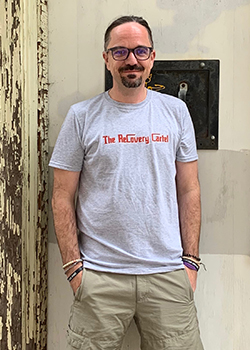
Meet Michael Crouch.
Michael is a good friend of mine here in South Carolina. Michael is a seeker and finds himself wanting to learn more and contribute more as person in long term recovery. His mind is open and his views are expanding.
Thank you Michael for being a guest blogger here at The Recovery Cartel

